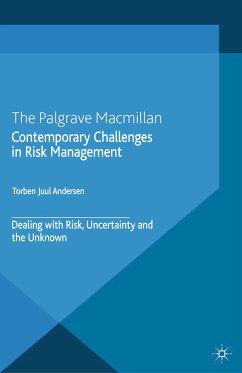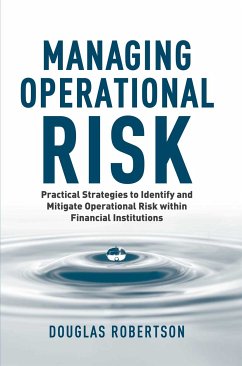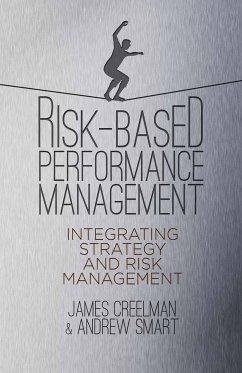
Strategic Reputation Risk Management (eBook, PDF)
Versandkostenfrei!
Sofort per Download lieferbar
40,95 €
inkl. MwSt.
Weitere Ausgaben:

PAYBACK Punkte
20 °P sammeln!
Reputation is a commercially valuable asset. This book focuses upon how enhanced reputation can contribute to commercial asset management through increased share price premium and competitive performance, while reputation loss can significantly erode the ability of the business to successfully retain market share, maximise shareholder value, raise finance, manage debt and remain independent. It provides practical models and checklists designed to plan reputation management and risk communication strategies.
Dieser Download kann aus rechtlichen Gründen nur mit Rechnungsadresse in A, B, BG, CY, CZ, D, DK, EW, E, FIN, F, GR, HR, H, IRL, I, LT, L, LR, M, NL, PL, P, R, S, SLO, SK ausgeliefert werden.












